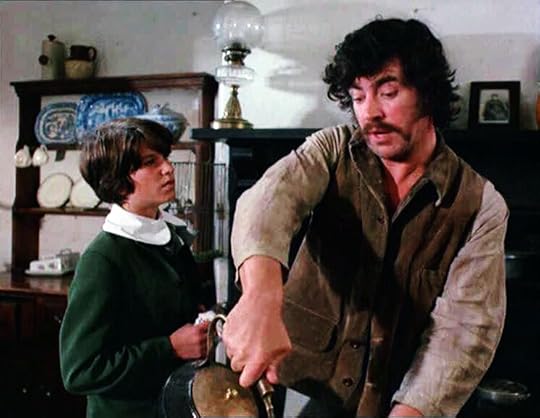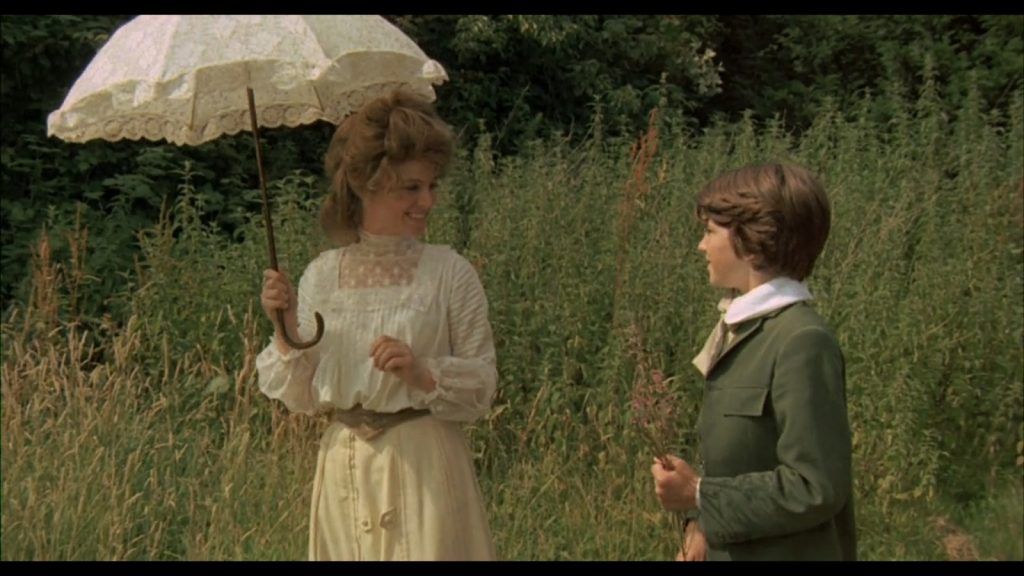What do you think?
Rate this book


Audio Cassette
First published January 1, 1953
El pasado es un país extranjero: allí las cosas se hacen de otra manera.







I wanted to evoke the feeling of that summer [in 1900], the long stretch of fine weather, and also the confidence in life, the belief that all's well with the world, which everyone seemed to enjoy before the First World War...The Boer War was a local affair, and so I was able to set my little private tragedy against a general background of security and happiness."Ostensibly this is a story about a thirteen-year-old private-school boy, Leo, at the turn of the twentieth century spending a month in the summer at the house of a wealthier school chum, Marcus. It is told from the perspective of that same boy, years later and remembering back. He hints at some dark and irremediable end that casts a shadow through the warm and carefree beginnings of that seminal summer.

“The past is a foreign country; they do things differently there.”
The past is a foreign country: they do things differently there.And they certainly do. That line has become famous, but it's not just a powerful statement in itself; its sentiment informs Hartley's entire book. There is a prologue - in which an older man is drawn to a memory. There is an epilogue - in which he attempts reconciliation. And, in between, there is a fully realized account of what the man experienced as he was about to turn 13. Something unanticipated - which would change and mark him forever.
I would rather we had stayed outside; for in the badly lit, sparsely furnished kitchen, with its bare, hard, worn surfaces, its utter lack of the femininity that children of both sexes feel at home with, I instinctively felt that he was too much on his own ground.Leo is, of course, in a world of propriety - where, if you are of lower class and hot from the sun, you can mop your brow with a handkerchief ...but, if you are of higher birth, you must dab. This is a world of surface. A bit tense from that already, Leo will discover a deeper tension - brought on by what that surface must mask.